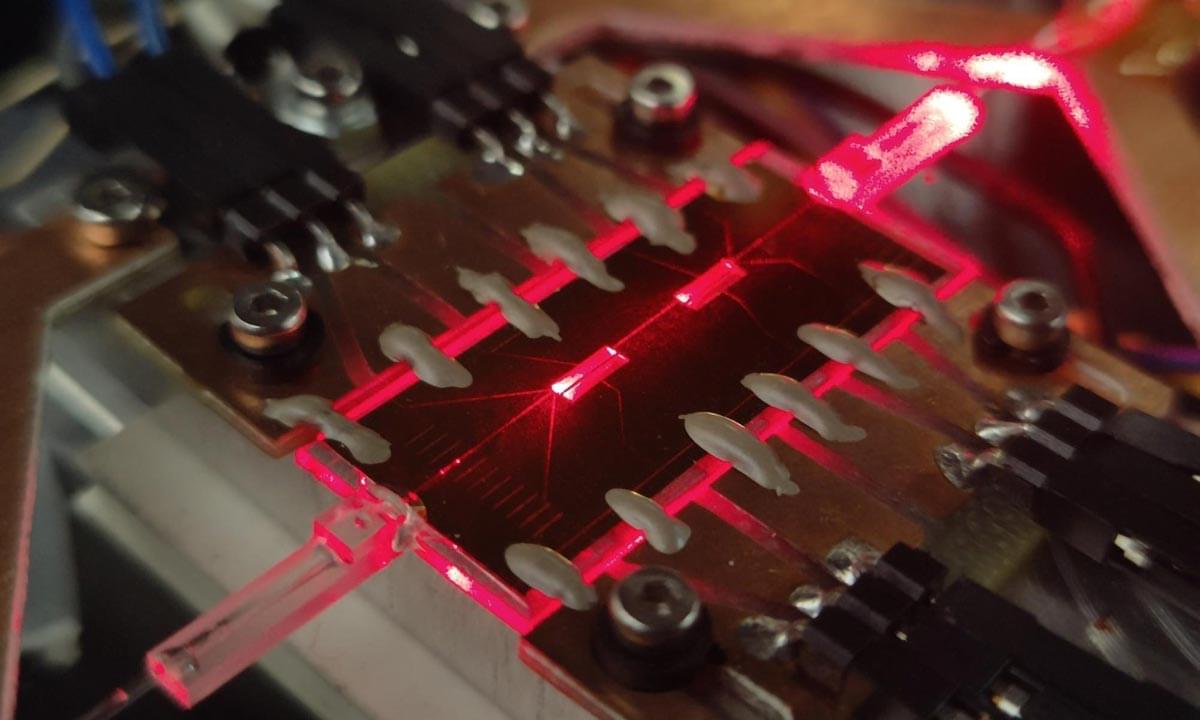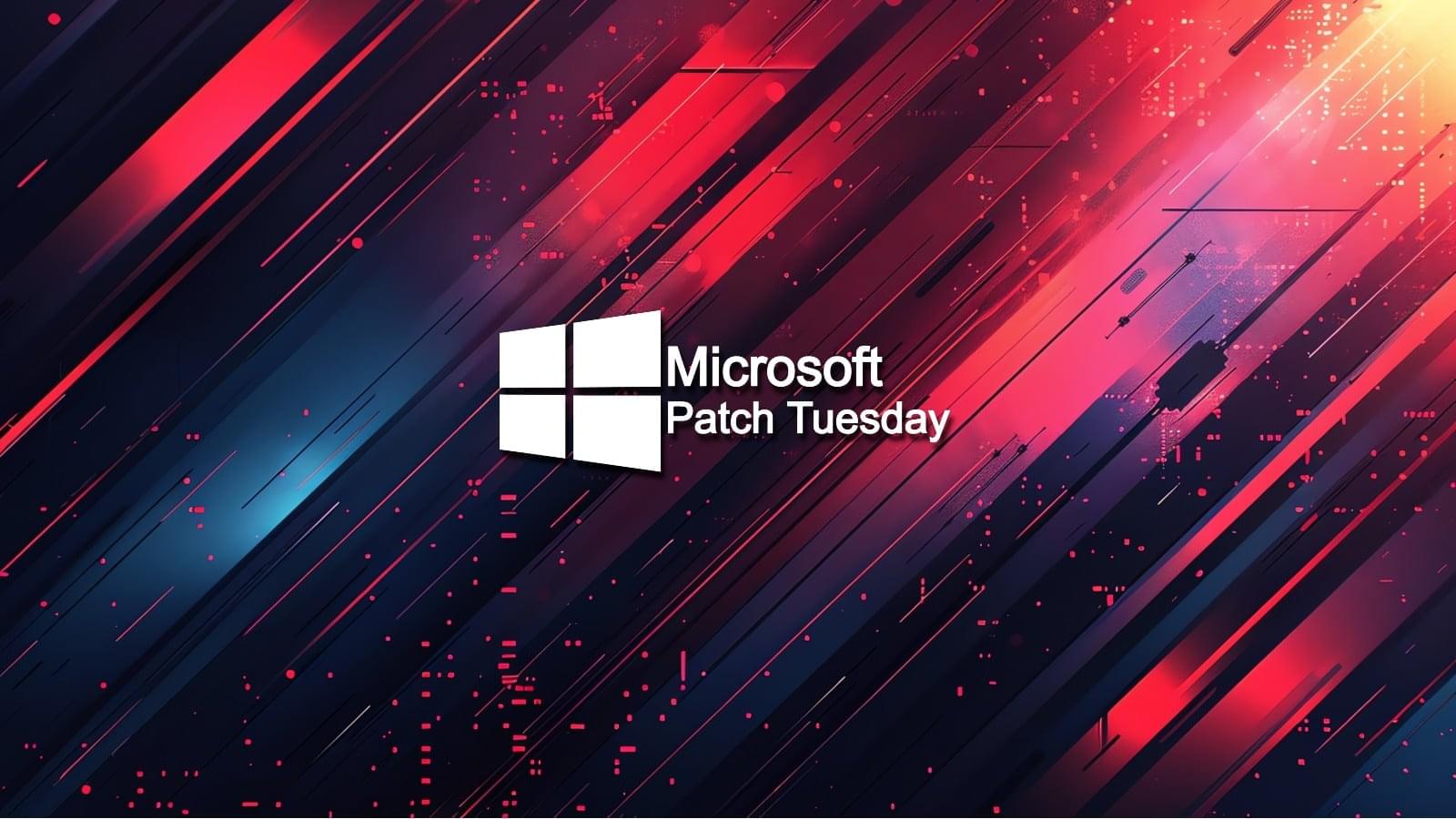A critical vulnerability in the WPvivid Backup & Migration plugin for WordPress, installed on more than 900,000 websites, can be exploited to achieve remote code execution by uploading arbitrary files without authentication.
The security issue is tracked as CVE-2026–1357 and received a severity score of 9.8. It impacts all versions of the plugin up to 0.9.123 and could lead to a complete website takeover.
Despite the severity of the issue, researchers at WordPress security company Defiant say that only sites with the non-default “receive backup from another site” option enabled are critically impacted.








